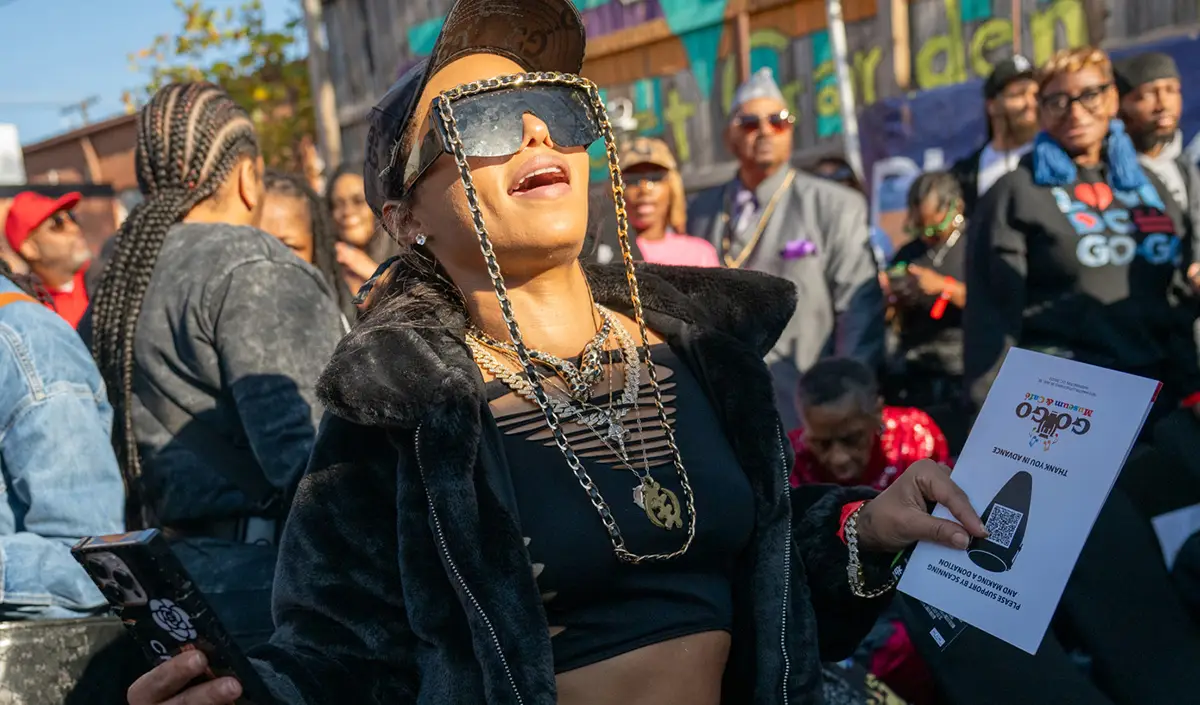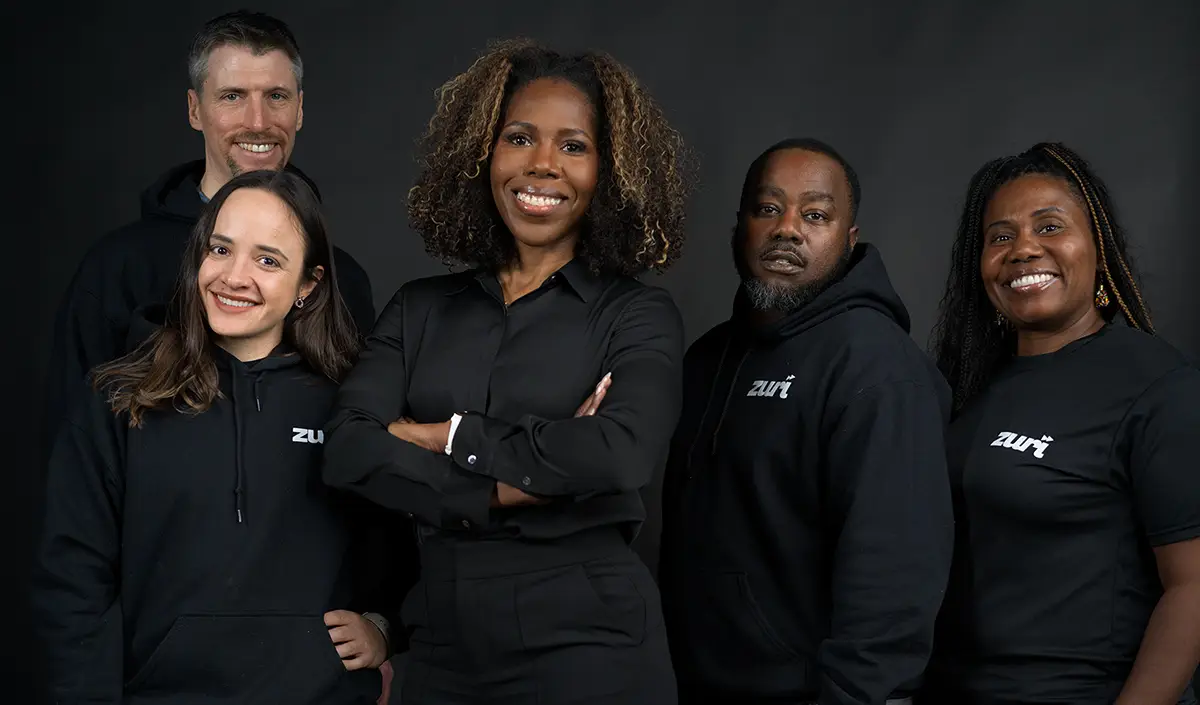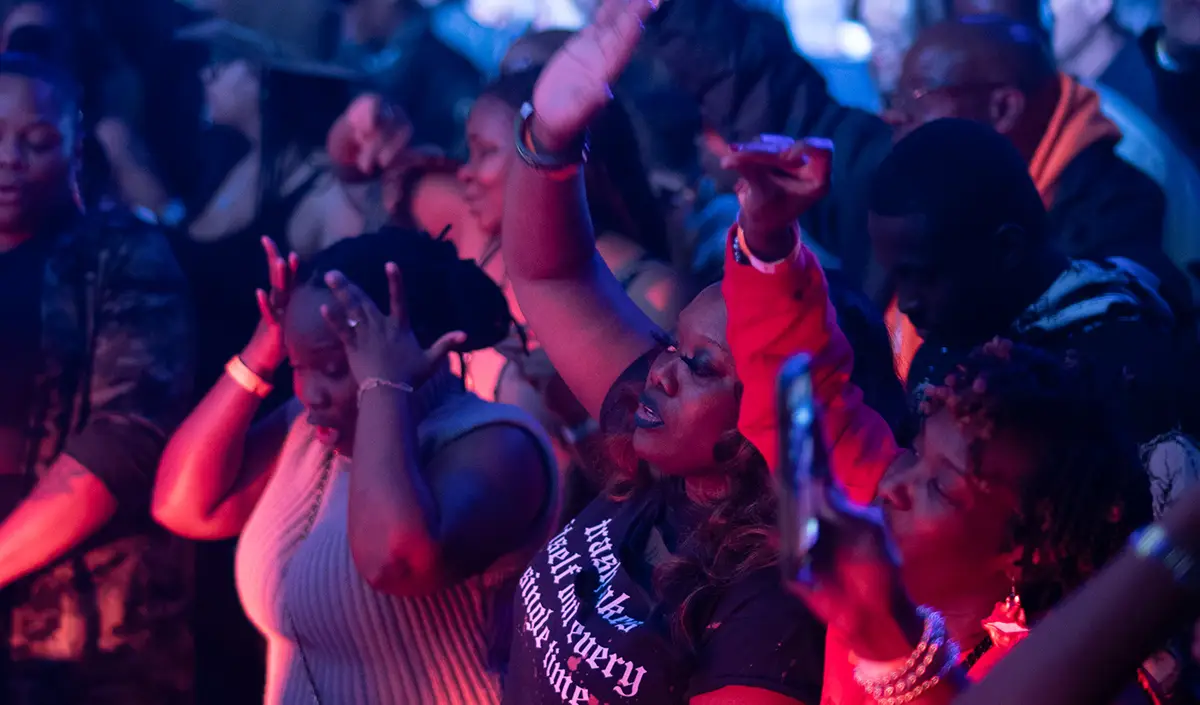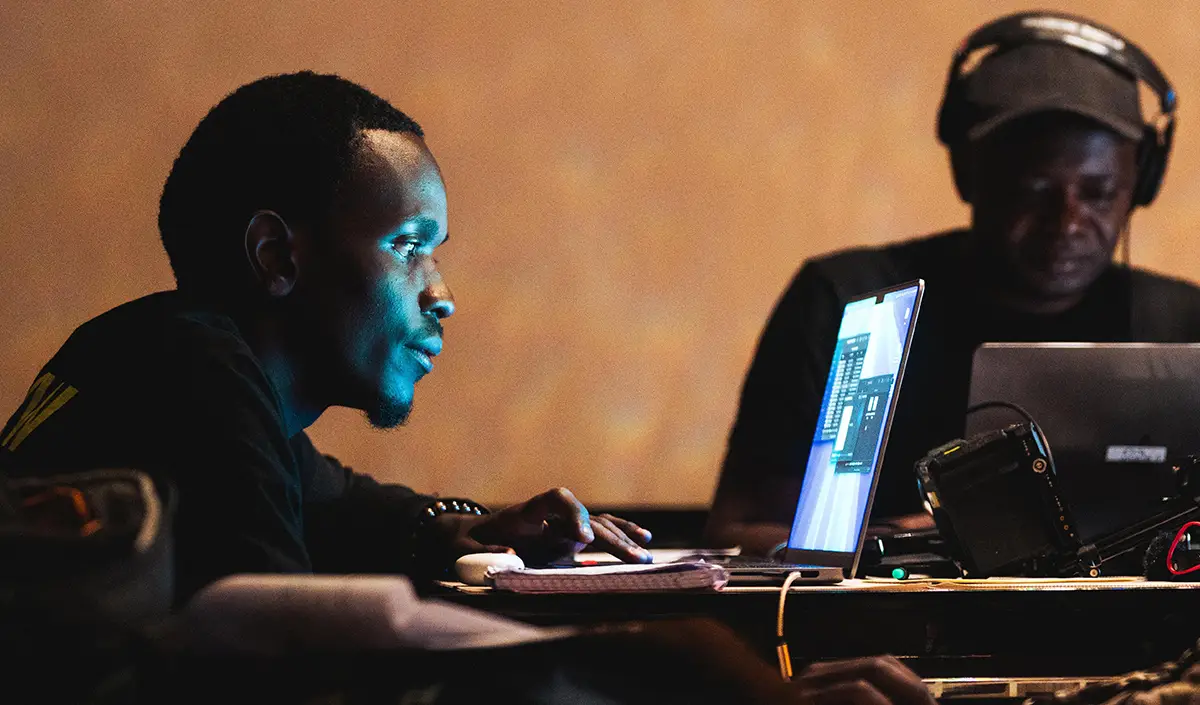
AI and Creativity: Turning Technological Fear into Artistic Fuel
AI in Storytelling: Why Human Creativity Still Matters
When OpenAI released ChatGPT, the creative world braced for impact. Many wondered: would AI storytelling replace writers, editors, and filmmakers altogether? Employers saw algorithms as a shortcut to cut costs, imagining they could swap human talent for machine efficiency.
Some of those fears have come true. Studios now experiment with AI-generated content. Deepfakes can be created with a few clicks. Social feeds flood us with endless short-form videos designed to maximize views while minimizing labor. And as attention spans shrink, the pressure to churn out content grows.
Democratized Storytelling vs. Automated Imitation
Yet at the same time, we’ve entered an era of democratized storytelling. TikTok, YouTube, and Instagram give real people the power to share authentic, diverse stories that resonate worldwide. Anyone with a phone, an internet connection, and something to say can reach an audience. This grassroots creativity is something no algorithm can replicate.
But as we scroll deeper, uncanny AI-generated clips appear—polished, but hollow. They may look convincing, but they lack the nuance and lived experience of human storytelling. AI can imitate. Only humans can inspire.
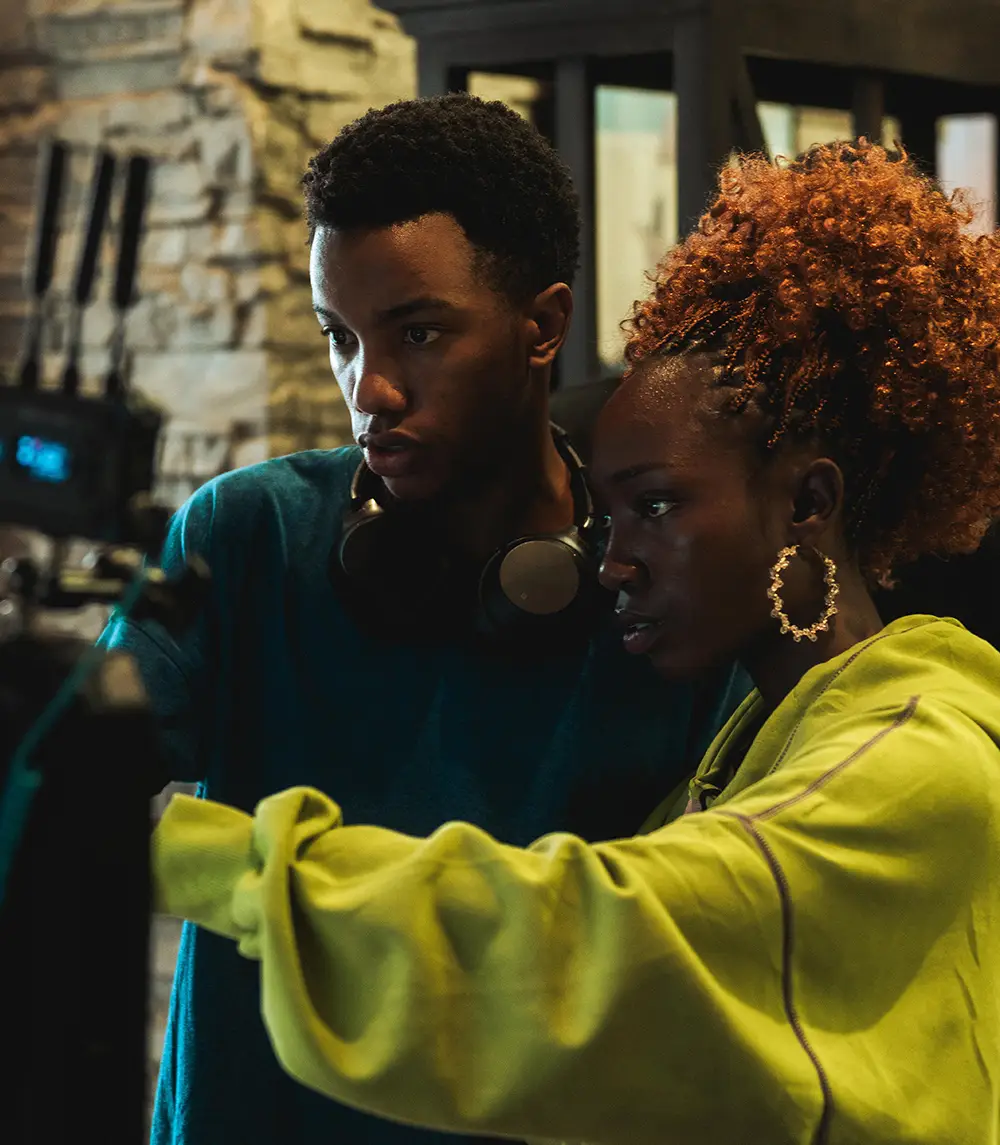
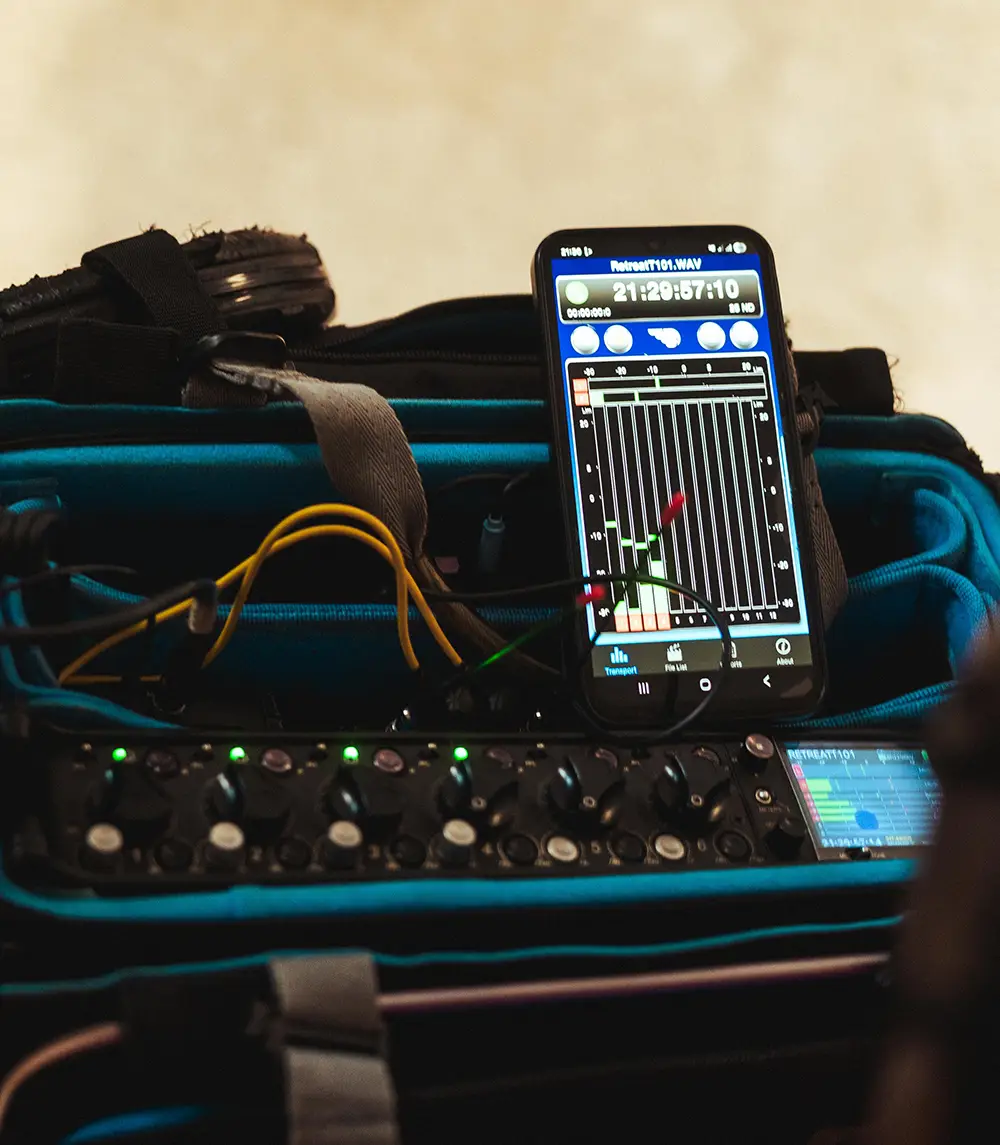
AI as a Creative Ally, Not a Replacement
For all the concerns about “techno-feudalism,” one thing is clear: AI isn’t going anywhere. It’s rapidly evolving and increasingly integrated into creative workflows. That doesn’t mean the end of human artistry. Instead, it means new ways to enhance it.
Think about the blank-page struggle. AI tools can now generate shot lists from scripts, create storyboards from text, or suggest location options based on scene requirements. Instead of spending hours on setup, creatives can spend more time refining their vision.
Or consider interviews. Transcribing a one-hour conversation used to mean hours of tedious playback. Today, AI transcription tools can handle it in minutes, even surfacing key topics, emotional beats, and the most compelling soundbites.
Even in post-production, AI helps. Scene detection algorithms can identify cuts, transitions, and significant moments in raw footage. Editing platforms are beginning to offer rough-cut assemblies powered by content analysis—giving editors a head start rather than a blank timeline.
Why Human Creativity Is More Essential Than Ever
In this world of accelerating automation, the human perspective becomes not less valuable, but more critical. AI storytelling tools can accelerate workflows, but they cannot replace the authenticity, emotion, and complexity of lived experience.
At Zuri Productions, we believe that technology should amplify human creativity, not erase it. AI can free up time and remove barriers, but the heart of storytelling, the lived perspectives of Black and Brown creators, the narratives rooted in truth, remains irreplaceable.
AI won’t replace storytellers. It will give them new ways to tell stories differently. And in an age of algorithms, nothing is more radical than a story that feels human.
Our Cities. Our Truth: Why We Don’t Let Others Tell Our Story
Our Cities. Our Truth: Why We Don’t Let Others Tell Our Story When a politician calls your home a
From DC to Nairobi: How Zuri Productions Amplifies Black Stories
From DC to Nairobi: How Zuri Productions Amplifies Black Stories Founded in 2012 by Dr. Andrene M. T
Crip Walks & Culture Shifts: Why Black Stories Change the Game
Crip Walks & Culture Shifts: Why Black Stories Change the Game At Super Bowl 59, cultural storyt


